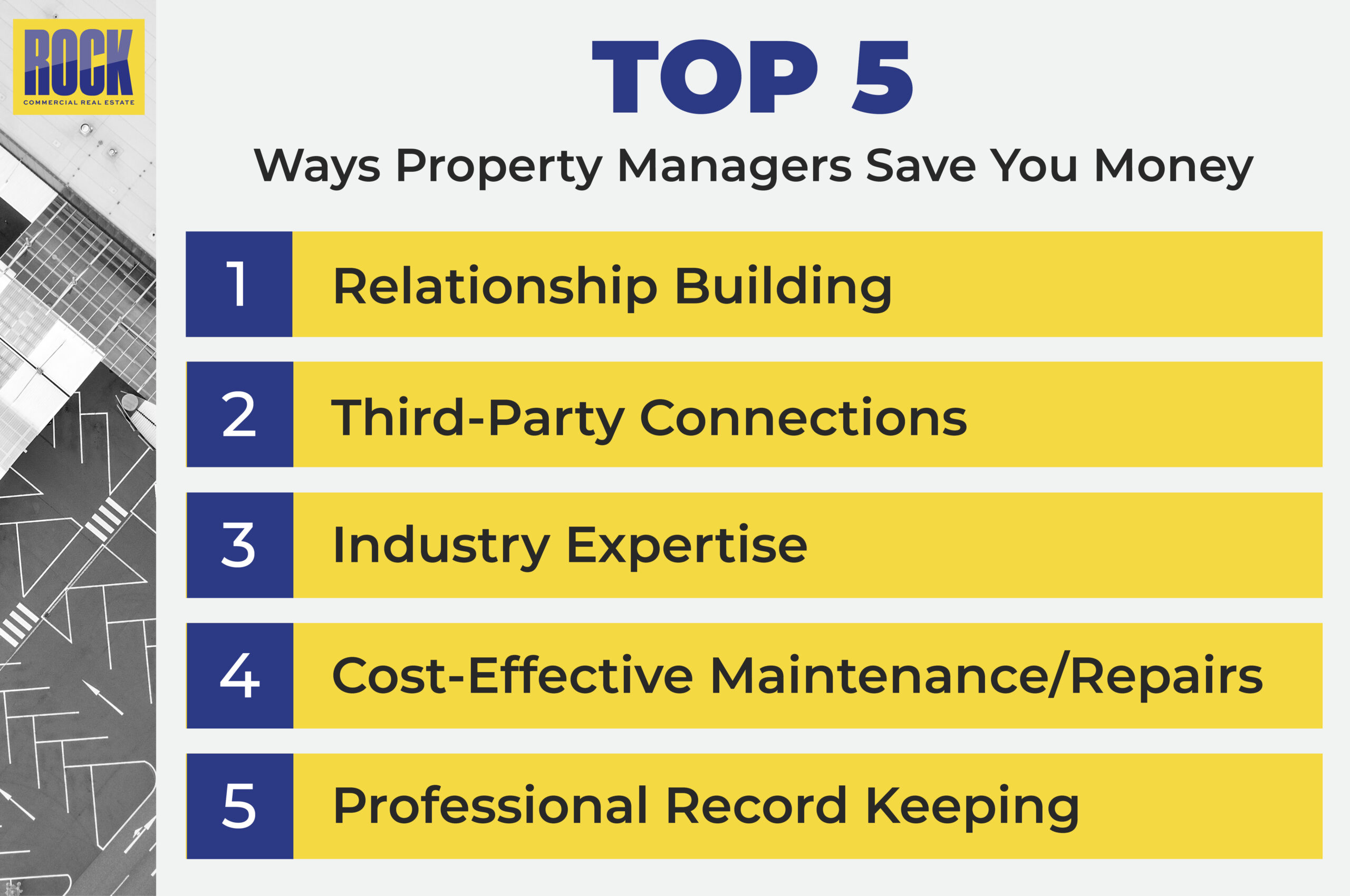by Katie Spurrier | 2 min. read


by Katie Spurrier | 2 min. read
Property managers (PM) and their services are like a bridge between tenants and landlords. At ROCK, only one PM is assigned to a property, and they visit consistently. Tenants and landlords know their PM personally due to frequent walk-throughs. When an emergency happens, people are less likely to be frantic or upset because they are familiar with their PM and trust the situation will be handled promptly. Trust and fast response times keep tenants happy and renewing their leases, which reduces vacancy and maintains cash flow for investors.
ROCK has established relationships with contractors and vendors. In fact, property manager Travis Wilkins owned a landscaping business prior to his career at ROCK. Knowing the right local vendor to call can get the process started and minimize damage in an emergency. During the recent supply chain issues, our trusted vendors worked to get ROCK clients materials and supplies first. ROCK can also negotiate reduced repair costs.
Many property owners are unaware that PM expenses are oftentimes a reimbursable expense recovered via tenant paid Common Area Maintenance (CAM) fees. If not, ROCK in-house brokerage advisors can renegotiate stronger agreements for landlords during lease renewal. ROCK also provides consulting services – market analysis to confirm rents are set effectively and knowledge of local landlord-tenant laws.
ROCK conducts regular property inspections that include a report of recommendations. This allows the PM to identify potential maintenance issues early to prevent larger, more expensive problems. Accounting can save part of a property’s monthly cash flow for long-term repairs like a roof replacement. This advanced planning prevents property owners from taking out loans and paying interest for last minute surprises.
ROCK’s Customer Relationship Management (CRM) system tracks all property information including building specs, tenant history, and payments. Accounting keeps detailed records to ensure legal compliance and timely rent collection. If tenants fail to pay, it will be recognized quickly, reducing the risk of potential evictions and, ultimately, saving money on legal fees and periods of high vacancy.